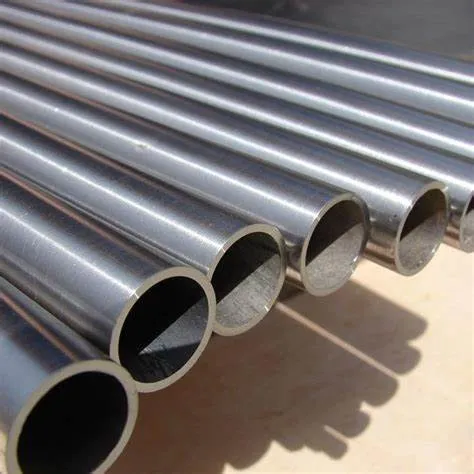
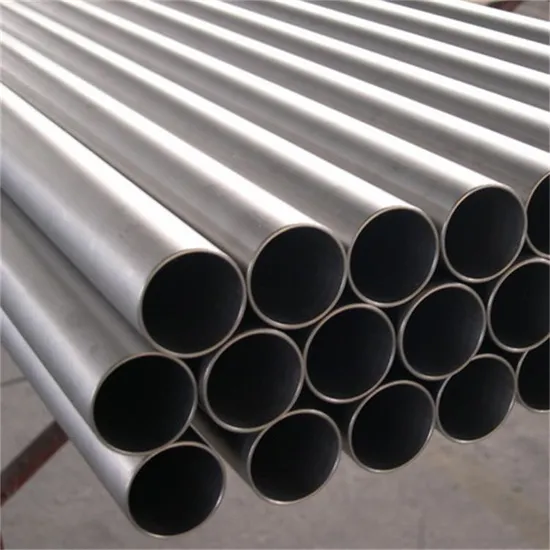
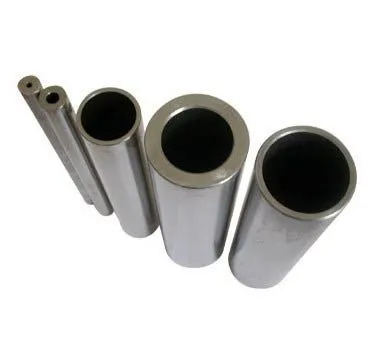
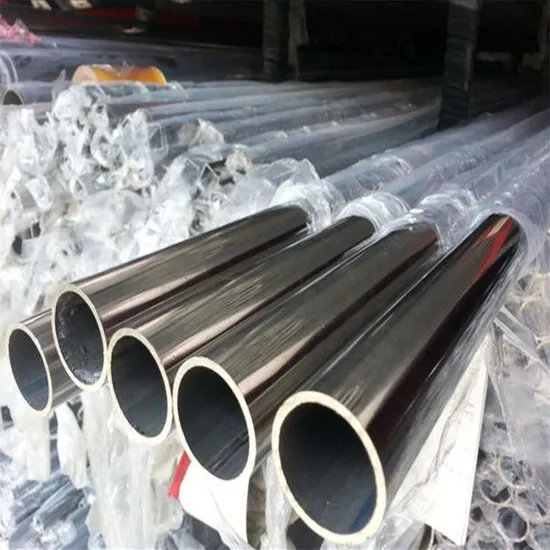
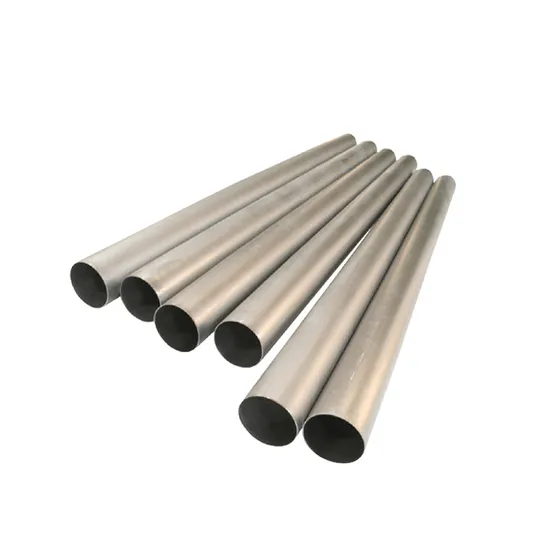

Preview
基本信息产品详情证书
基本信息
| 型号/编号 | Tc4 |
| 处理服务 | 弯曲、焊接、矫直、切割、冲裁 |
| 型号号码 | Gr1/Gr2/Gr3/Gr5/Gr7/Gr9/Gr11 |
| 产品名称 | 钛棒 |
| 使用说明 | 管道运输、锅炉管道、油气钻探 |
| 部分形状 | 四舍五入 |
| 交通包裹 | 符合出口标准的结实包装 |
| 规格 | 如需 |
| 商标 | 波拉式 |
| 起源 | 中国 |
产品详情
Product Description
Preview

Preview
Product Description
Good Quality Titanium Alloy Pipe
1. Products Introduction
Good Quality Titanium Alloy Pipe
1. Products Introduction
Preview
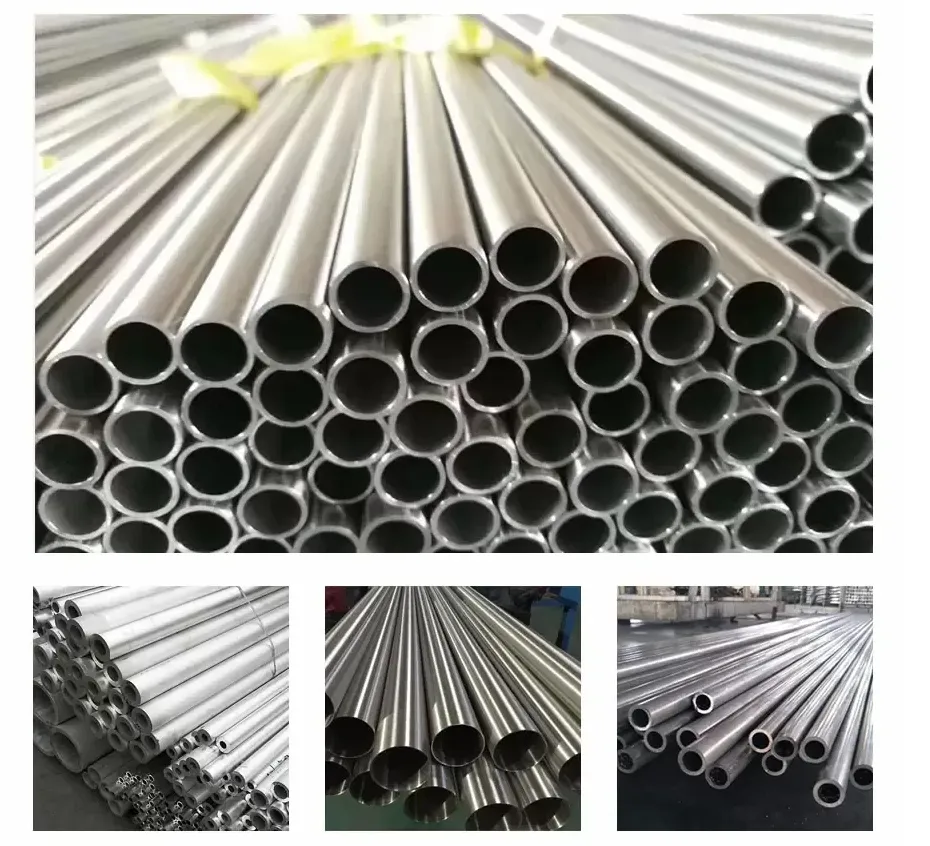
Preview
2. Chemical Composition
3. Tensile Requirements
3. Tensile Requirements
Preview
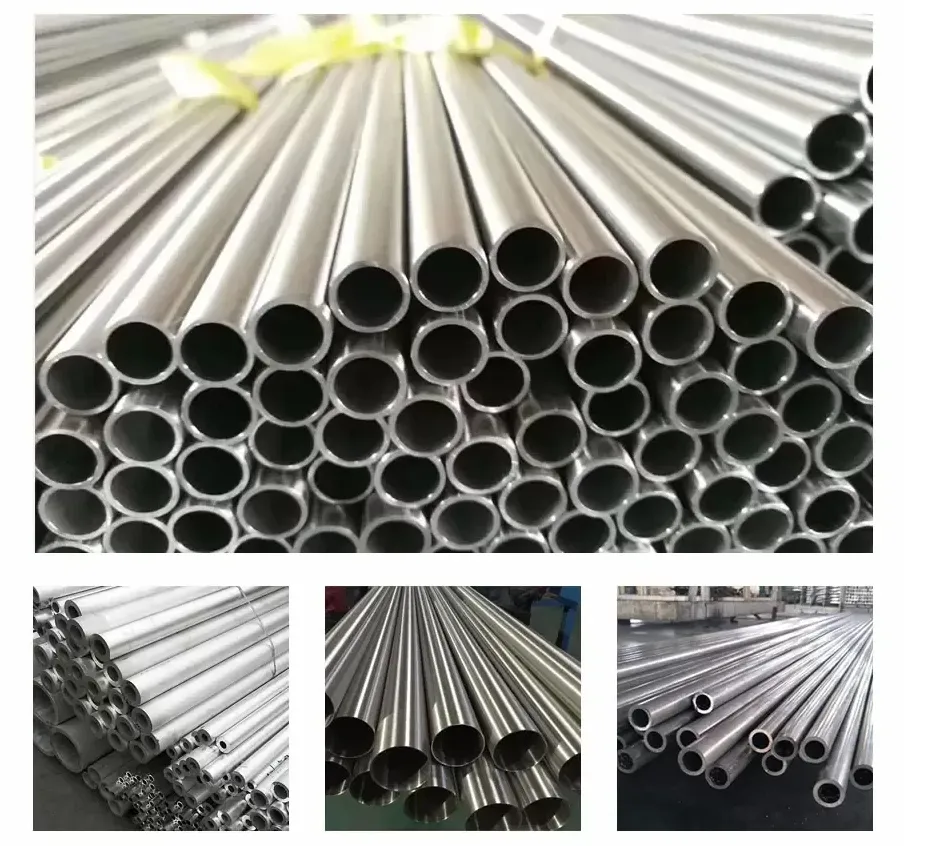
Preview
Properties of Titanium Alloy Tubes
Performance of Titanium Alloy Tubes: As a premier metal, titanium's performance is highly sensitive to impurity levels involving carbon, nitrogen, hydrogen, and oxygen. The purest variant, termed titanium iodide, contains impurity levels below 0.1%. Although it has lower strength, its plasticity is exceptionally high. Industrially pure titanium, with a purity of 99.5%, possesses a density of ρ=4.5g/cm³, a melting point of 1725ºC, a thermal conductivity of λ=15.24W/(m.K), tensile strength σb=539MPa, elongation δ=25%, section shrinkage ψ=25%, an elastic modulus E=1.078×105MPa, and hardness HB195.Advantages of Titanium Alloys
Titanium alloys provide an array of remarkable benefits that set them apart from other metal materials:
These exceptional titanium alloys boast an outstanding strength-to-density ratio, offering tensile strength between 100 to 140 kgf/mm², while maintaining a mere 60% of the density of steel. This makes them a prime choice for applications requiring both strength and lightness.Remarkably, these alloys maintain excellent strength even at medium temperatures, outshining their aluminum counterparts. Titanium alloys preserve their required strength at higher temperatures, allowing them to perform reliably over extended durations within the 450 ~ 500 °C range.Titanium's corrosion resistance is nothing short of extraordinary. It naturally forms a uniform, dense oxide film on its surface, acting as a protective barrier against various corrosive media. In oxidizing and neutral environments, titanium demonstrates formidable corrosion resistance, which is further amplified in challenging conditions such as seawater, wet chlorine gas, and chloride solutions. However, it's important to note that its effectiveness in reducing environments, like hydrochloric acid, is comparatively diminished.Titanium alloys with minimal gap elements, exemplified by TA7, offer exceptional performance at low temperatures, maintaining their plasticity even when faced with extreme cold of -253°C.These alloys are distinguished by their low elastic modulus, minimal thermal conductivity, and non-ferromagnetic nature, making them versatile in various applications.Notably, they possess high hardness, further enhancing their durability and resilience.While titanium alloys may have limited stamping capabilities, their thermoplasticity is commendable, allowing for versatile applications.The heat treatment process of titanium alloys can be finely tuned to achieve diverse phase compositions and microstructures. A fine equiaxial structure generally imparts good plasticity, thermal stability, and fatigue strength. On the other hand, an acicular structure provides high enduring strength, creep resistance, and fracture toughness. A hybrid of equiaxial and acicular structures delivers a well-rounded performance, combining the best attributes of both.Common heat treatment techniques include annealing, solution treatment, and aging. Annealing plays a vital role in alleviating internal stress, enhancing plasticity, and stabilizing the structure for superior comprehensive properties. Typically, the annealing temperature for α alloy and (α+β) alloy is set 120-200ºC below the (α+β) -→ β phase transformation point. Solution and aging treatment involve swift cooling from a high-temperature zone to form martensitic α 'phase and metastable β phase. These metastable phases subsequently decompose in an intermediate temperature zone to form α phase or compounds, along with other minor dispersed second-phase particles, thereby fortifying the alloy. For (alpha + beta) alloys, quenching is conducted 40-100ºC below the alpha + beta) -- - > beta phase transition point, while for metastable beta alloys, quenching occurs 40-80ºC above this point. The typical aging treatment temperature ranges from 450-550ºC. Additionally, to meet special workpiece requirements, the industry employs advanced heat treatment processes like double annealing, isothermal annealing, β heat treatment, and deformation heat treatment.Product Parameter
Technical Specification
Application
In the world of aviation, titanium alloy finds its primary use in manufacturing aircraft engine compressor components. It is also extensively utilized in the construction of structural parts for rockets, missiles, and high-speed aircraft. Since the mid-1960s, the application of titanium and its alloys has broadened into general industry, finding uses in electrolytic industry electrodes, power station condensers, oil refining, seawater desalination heaters, and devices for environmental pollution control. Titanium and its alloys have thus risen to prominence as leading materials for corrosion-resistant structures. Furthermore, they are instrumental in producing hydrogen storage materials and shape memory alloys, showcasing their versatility.China embarked on titanium and its alloy research in 1956, eventually leading to the mid-1960s industrial production of titanium materials and the development of the TB2 alloy. This marked a significant advancement in the utilization of titanium in various fields.
Performance of Titanium Alloy Tubes: As a premier metal, titanium's performance is highly sensitive to impurity levels involving carbon, nitrogen, hydrogen, and oxygen. The purest variant, termed titanium iodide, contains impurity levels below 0.1%. Although it has lower strength, its plasticity is exceptionally high. Industrially pure titanium, with a purity of 99.5%, possesses a density of ρ=4.5g/cm³, a melting point of 1725ºC, a thermal conductivity of λ=15.24W/(m.K), tensile strength σb=539MPa, elongation δ=25%, section shrinkage ψ=25%, an elastic modulus E=1.078×105MPa, and hardness HB195.Advantages of Titanium Alloys
Titanium alloys provide an array of remarkable benefits that set them apart from other metal materials:
These exceptional titanium alloys boast an outstanding strength-to-density ratio, offering tensile strength between 100 to 140 kgf/mm², while maintaining a mere 60% of the density of steel. This makes them a prime choice for applications requiring both strength and lightness.Remarkably, these alloys maintain excellent strength even at medium temperatures, outshining their aluminum counterparts. Titanium alloys preserve their required strength at higher temperatures, allowing them to perform reliably over extended durations within the 450 ~ 500 °C range.Titanium's corrosion resistance is nothing short of extraordinary. It naturally forms a uniform, dense oxide film on its surface, acting as a protective barrier against various corrosive media. In oxidizing and neutral environments, titanium demonstrates formidable corrosion resistance, which is further amplified in challenging conditions such as seawater, wet chlorine gas, and chloride solutions. However, it's important to note that its effectiveness in reducing environments, like hydrochloric acid, is comparatively diminished.Titanium alloys with minimal gap elements, exemplified by TA7, offer exceptional performance at low temperatures, maintaining their plasticity even when faced with extreme cold of -253°C.These alloys are distinguished by their low elastic modulus, minimal thermal conductivity, and non-ferromagnetic nature, making them versatile in various applications.Notably, they possess high hardness, further enhancing their durability and resilience.While titanium alloys may have limited stamping capabilities, their thermoplasticity is commendable, allowing for versatile applications.The heat treatment process of titanium alloys can be finely tuned to achieve diverse phase compositions and microstructures. A fine equiaxial structure generally imparts good plasticity, thermal stability, and fatigue strength. On the other hand, an acicular structure provides high enduring strength, creep resistance, and fracture toughness. A hybrid of equiaxial and acicular structures delivers a well-rounded performance, combining the best attributes of both.Common heat treatment techniques include annealing, solution treatment, and aging. Annealing plays a vital role in alleviating internal stress, enhancing plasticity, and stabilizing the structure for superior comprehensive properties. Typically, the annealing temperature for α alloy and (α+β) alloy is set 120-200ºC below the (α+β) -→ β phase transformation point. Solution and aging treatment involve swift cooling from a high-temperature zone to form martensitic α 'phase and metastable β phase. These metastable phases subsequently decompose in an intermediate temperature zone to form α phase or compounds, along with other minor dispersed second-phase particles, thereby fortifying the alloy. For (alpha + beta) alloys, quenching is conducted 40-100ºC below the alpha + beta) -- - > beta phase transition point, while for metastable beta alloys, quenching occurs 40-80ºC above this point. The typical aging treatment temperature ranges from 450-550ºC. Additionally, to meet special workpiece requirements, the industry employs advanced heat treatment processes like double annealing, isothermal annealing, β heat treatment, and deformation heat treatment.Product Parameter
Technical Specification
Application
In the world of aviation, titanium alloy finds its primary use in manufacturing aircraft engine compressor components. It is also extensively utilized in the construction of structural parts for rockets, missiles, and high-speed aircraft. Since the mid-1960s, the application of titanium and its alloys has broadened into general industry, finding uses in electrolytic industry electrodes, power station condensers, oil refining, seawater desalination heaters, and devices for environmental pollution control. Titanium and its alloys have thus risen to prominence as leading materials for corrosion-resistant structures. Furthermore, they are instrumental in producing hydrogen storage materials and shape memory alloys, showcasing their versatility.China embarked on titanium and its alloy research in 1956, eventually leading to the mid-1960s industrial production of titanium materials and the development of the TB2 alloy. This marked a significant advancement in the utilization of titanium in various fields.
Preview

Preview
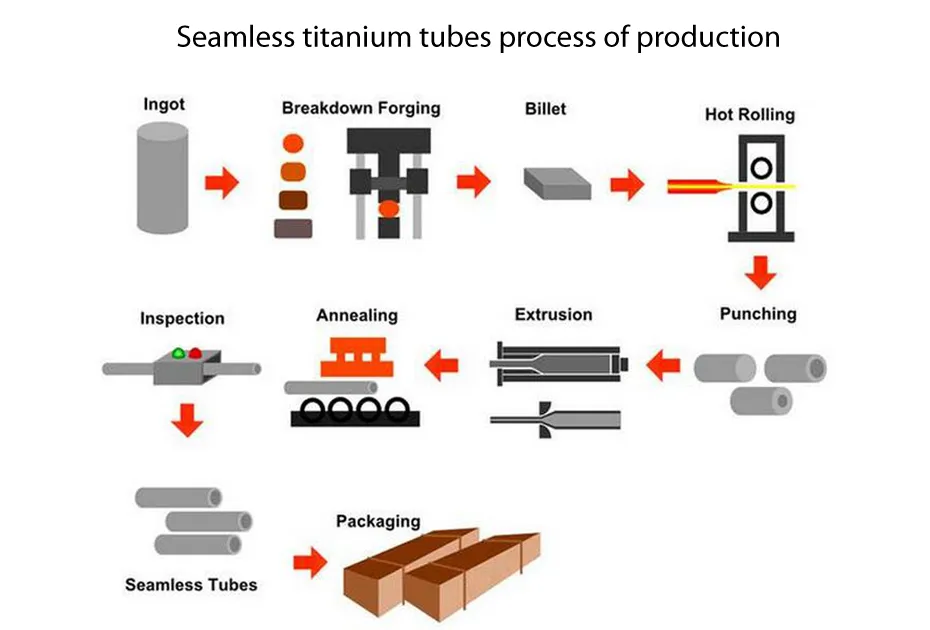
Preview

Preview
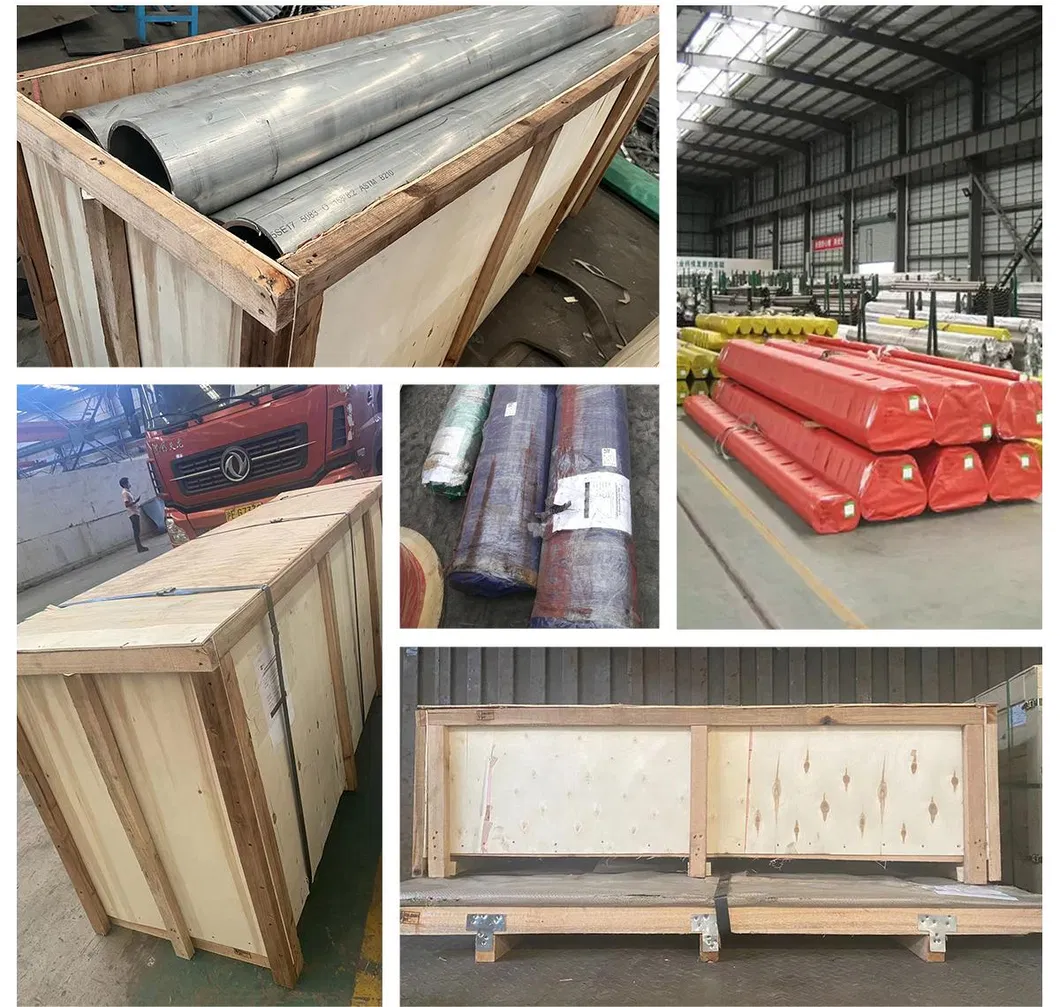
Preview

Preview
Our Advantages
Qualitative Materials:
We source only premium, top-of-the-line raw materials to ensure our products exhibit unparalleled strength, resilience, and longevity, setting a benchmark for quality.Advanced Technology:
Our manufacturing processes are at the forefront of innovation, utilizing cutting-edge technologies that include advanced smelting, continuous casting, and rolling techniques, ensuring precision and excellence in every product.Customized Service:
At Shanghai Bolaisheng Metal Group Co., Ltd., we pride ourselves on offering tailor-made design and manufacturing services meticulously crafted to address the distinct needs and specifications of our esteemed customers. Our commitment is to transform your visions into reality with precision and excellence.FAQ
Q1: Why choose your company?
A: For over 16 years, Shanghai Bolaisheng Metal Group Co., Ltd. has been a beacon of excellence in the industry, showcasing unmatched expertise. Our cutting-edge factory is a testament to our commitment to quality and innovation. Our professional and dedicated sales team is here to ensure an unparalleled customer experience, delivering services that exceed expectations.Q2: What are your terms of payment?
A: We require a 30% T/T deposit at the outset, ensuring the order is secured, with the remaining 70% due before the final delivery of our high-standard products.Q3: What are your delivery terms?
A: Our flexible delivery terms include FOB, CFR, CIF, and EXW, designed to cater to the diverse logistical needs of our global clientele with utmost convenience.Q4: What is your delivery time?
A: We guarantee a swift standard lead time ranging from 7 to 15 days following the receipt of your deposit, ensuring timely and efficient delivery of your orders.Q5: Can you provide samples?
A: Absolutely, we are pleased to offer complimentary samples from our inventory, when available. Please note, the buyer is responsible for covering the transportation costs, ensuring a seamless evaluation experience.Certification
Qualitative Materials:
We source only premium, top-of-the-line raw materials to ensure our products exhibit unparalleled strength, resilience, and longevity, setting a benchmark for quality.Advanced Technology:
Our manufacturing processes are at the forefront of innovation, utilizing cutting-edge technologies that include advanced smelting, continuous casting, and rolling techniques, ensuring precision and excellence in every product.Customized Service:
At Shanghai Bolaisheng Metal Group Co., Ltd., we pride ourselves on offering tailor-made design and manufacturing services meticulously crafted to address the distinct needs and specifications of our esteemed customers. Our commitment is to transform your visions into reality with precision and excellence.FAQ
Q1: Why choose your company?
A: For over 16 years, Shanghai Bolaisheng Metal Group Co., Ltd. has been a beacon of excellence in the industry, showcasing unmatched expertise. Our cutting-edge factory is a testament to our commitment to quality and innovation. Our professional and dedicated sales team is here to ensure an unparalleled customer experience, delivering services that exceed expectations.Q2: What are your terms of payment?
A: We require a 30% T/T deposit at the outset, ensuring the order is secured, with the remaining 70% due before the final delivery of our high-standard products.Q3: What are your delivery terms?
A: Our flexible delivery terms include FOB, CFR, CIF, and EXW, designed to cater to the diverse logistical needs of our global clientele with utmost convenience.Q4: What is your delivery time?
A: We guarantee a swift standard lead time ranging from 7 to 15 days following the receipt of your deposit, ensuring timely and efficient delivery of your orders.Q5: Can you provide samples?
A: Absolutely, we are pleased to offer complimentary samples from our inventory, when available. Please note, the buyer is responsible for covering the transportation costs, ensuring a seamless evaluation experience.Certification
Preview
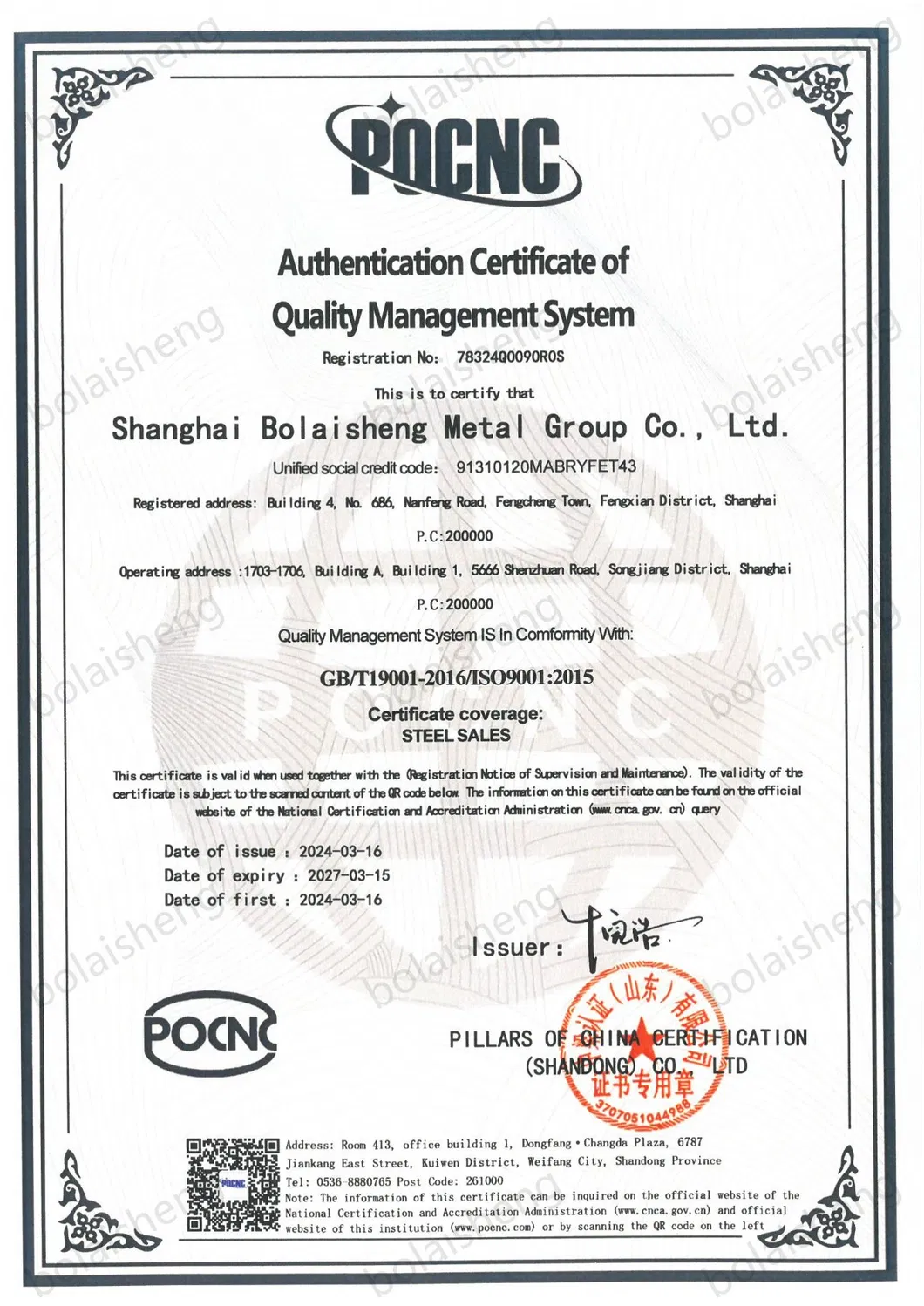
Preview
证书
标题:质量管理系统的认证证书

Preview


 上海
上海  已认证
已认证
